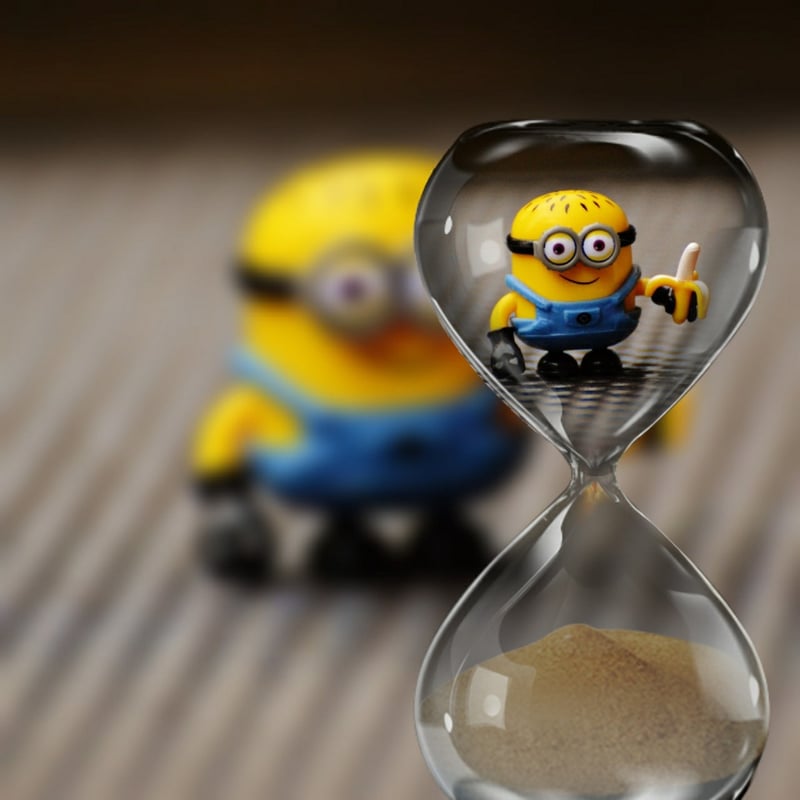Time Paradoxes
The Moral Implications of Time Travel and Time Paradoxes
Time travel has long been a fascinating concept in science fiction, allowing individuals to journey to the past or future. However, the idea of altering events in the past or creating paradoxes raises significant moral implications and dilemmas. Let's explore the ethics behind time travel and the potential consequences of time paradoxes.
Moral Implications of Time Travel:
1. Changing the Course of History: One of the primary moral concerns with time travel is the ability to change historical events. Altering the past could have unforeseen consequences on the present and future, potentially leading to catastrophic outcomes.
2. Responsibility for Actions: Time travelers must consider the ethical responsibility of their actions in the past. Intervening in historical events, even with good intentions, may have negative repercussions that the traveler must be accountable for.
Time Paradoxes:
1. Grandfather Paradox: The classic example where a time traveler goes back in time and prevents their grandparents from meeting, thereby preventing their own birth. This paradox raises questions about causality and the potential for self-erasure.
2. Bootstrap Paradox: In this paradox, an object or information is sent back in time in an infinite loop with no clear origin. It challenges the concept of cause and effect, leading to a circular timeline.
Time travel and paradoxes bring to light complex philosophical and ethical considerations that question our understanding of reality and the consequences of our actions. As we delve deeper into the realm of time travel, it is essential to reflect on these moral implications and the potential risks involved.

Exploring the intersection of science and morality, time travel continues to captivate our imaginations while urging us to contemplate the profound impact of our choices across time and space.
For more information on time travel ethics and paradoxes, you can visit Stanford Encyclopedia of Philosophy - Time Travel.
